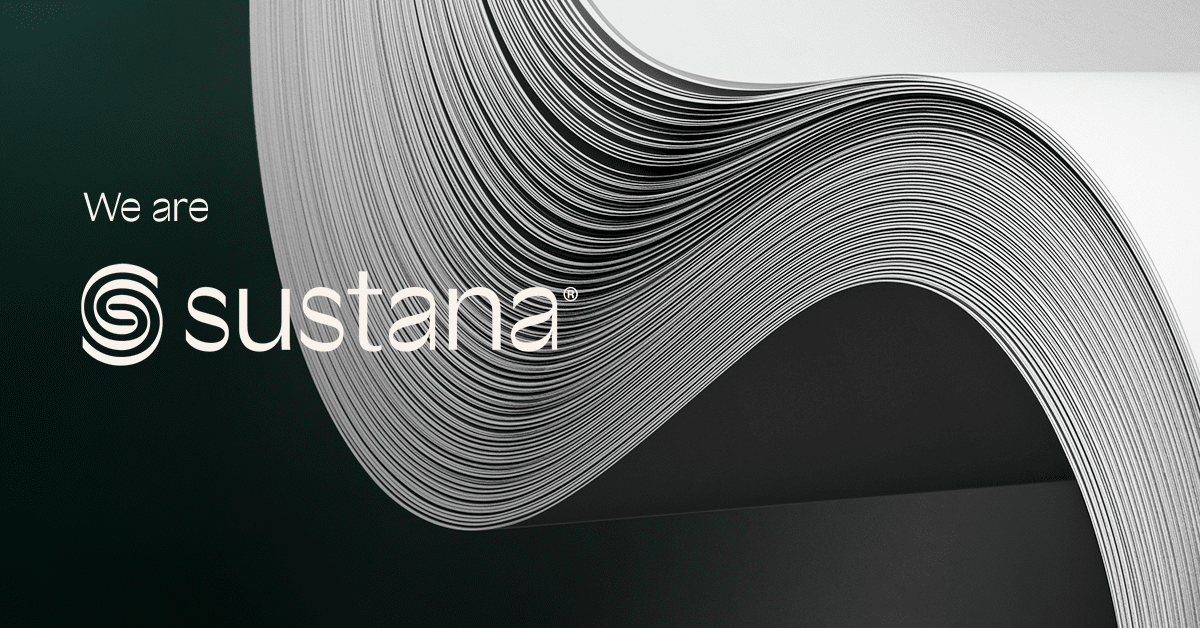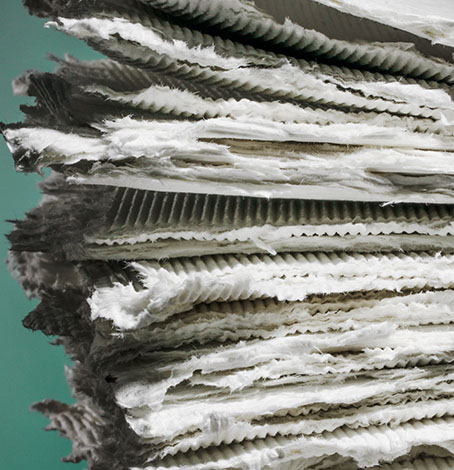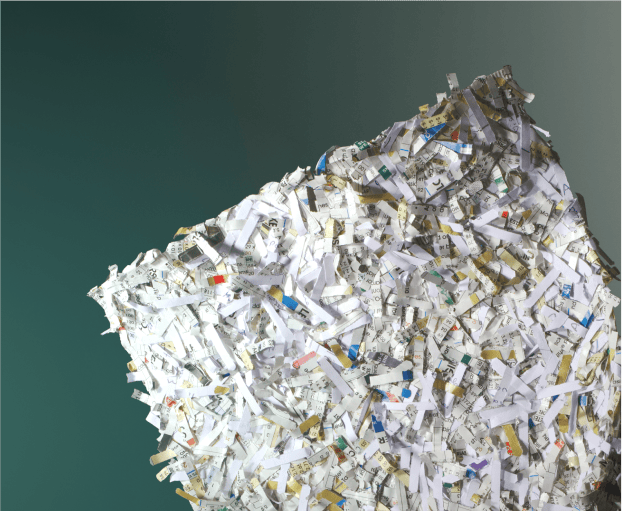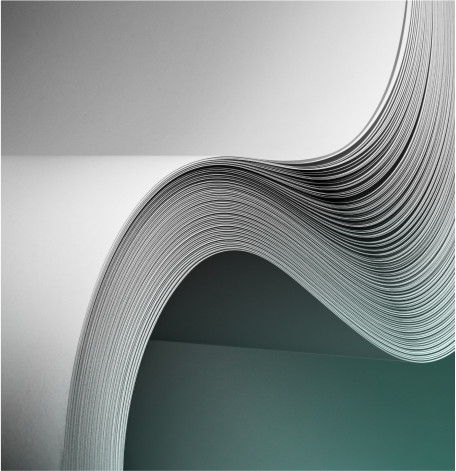Sustana is an industry-leading producer of quality fiber-based products and services built on a solid commitment to sustainability and continuous improvement.
From recovery to fiber to paper production, we produce the clean materials used in coffee cups, food packaging, your favorite book, and so much more.
Let’s get started.

We are proud to share that all our fiber and paper products and recovery services can now be found under a united Sustana brand.
As one, we are stronger and amplify our solid commitment to sustainability and continuous improvement.
Join us on our journey to create real change from within.

Manufactured in North America and is compliant with FDA standards for use in direct food contact at 100% inclusion without the need of a barrier or coating.
The impact of EnviroLife on climate change is 26 percent lower than the average virgin fiber. It also requires 9 times less water to produce than virgin fiber.

Some of the world’s leading sustainable organizations are using Sustana products to further their sustainability objectives and reduce their environmental impact.

When it comes to paper, our efforts are all about the planet. Because every top-quality sustainable recycled paper product we manufacture is done with innovation and a solid commitment to sustainability.

Our premium 100% sustainable recycled fibers are the ingredient within everyday products such as coffee cups, sandwich wraps, food service packaging, printing papers, tissue and more.

North America’s largest high grade paper recycler
Sustana Recovery is committed to assisting our clients to generate maximum value from their waste paper management solutions. Whether you seek a one-time clear out, an efficient ongoing recycling program or a secure shredding service, our expert audit teams will take time and care to tailor a custom solution that will be right for you.


Sustana is dedicated to finding new ways of putting clean materials within more essential everyday paper products—sustainably, responsibly, and meaningfully. We are an industry-leading producer of quality fiber-based products and services, built on a solid commitment to sustainability and continuous improvement.
From recovery to fiber to paper production, Sustana produces the clean materials used in coffee cups, food packaging, your favorite book, and so much more. At Sustana, creating real change starts from within.
Aligning with Sustana means delivering lasting results for stakeholders while creating a better future for everyone.









Working together for a sustainable tomorrow.
Sustana’s philosophy leverages a special combination of insight and accountability to effect positive change.
We believe that courage, humility and patience are the keys to striking a responsible balance between prosperity and purpose. That’s why we strive to achieve sustainable growth by investing in our products, our people and the planet.
The Paper and Packaging Podcast Welcome to Pulp NonFiction: The Paper and Packaging Podcast, a...
By Kathryn Beros, Baringa expert in Environmental and Sustainability & Srishti Srivastava, Sustana Sustainability Specialist...
Transaction underscores Sustana’s commitment to leadership in sustainable pulp and paper solutions and the integration...
Receive all the latest information on our products and services.
Give us a call, send an email or consult our list of distributors to find the one nearest you.